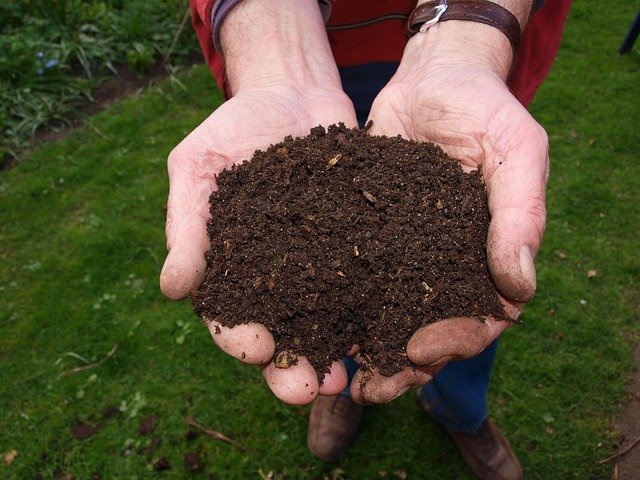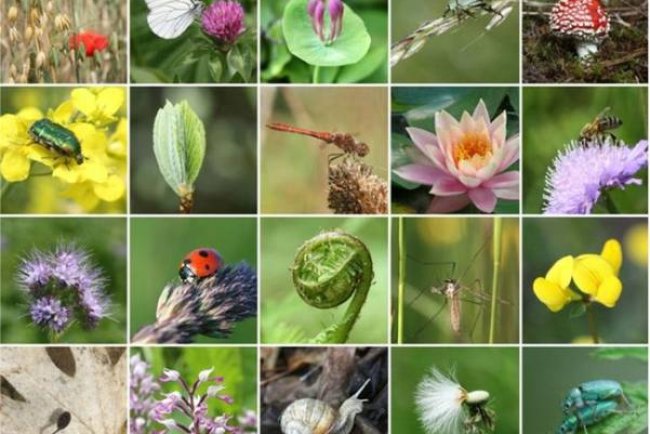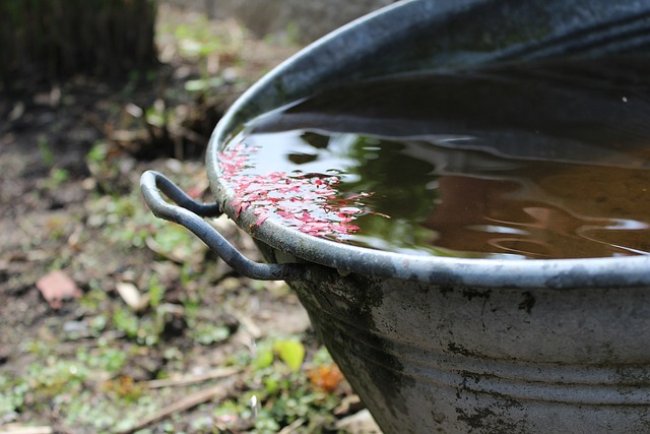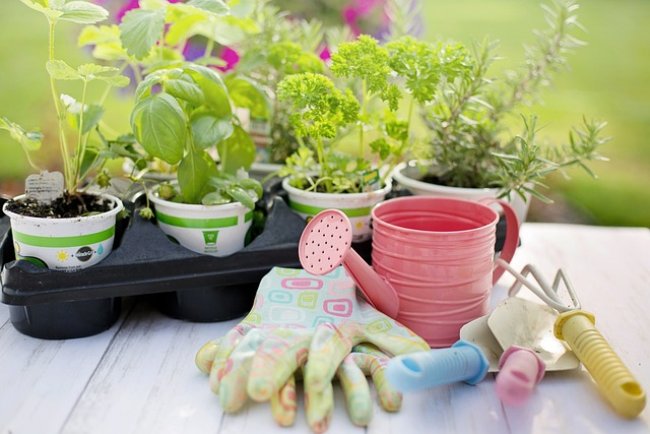Composting 101: Turning Kitchen Waste into Black Gold
Learn how to turn kitchen waste into nutrient-rich compost with Composting 101! Discover the basics of composting, from choosing materials to maintaining your compost pile. Start recycling organic waste and enriching your garden soil today!

Composting is a simple yet powerful way to recycle organic waste and create nutrient-rich soil for your garden. By composting kitchen scraps and yard waste, you not only reduce landfill waste but also enhance your garden's fertility naturally. Here’s how you can get started with composting at home:
1. Understand the Basics of Composting
Composting is the process of decomposing organic matter into humus-rich compost. You need a mix of "green" (nitrogen-rich) and "brown" (carbon-rich) materials to create a balanced compost pile.
2. Gather Your Materials
Collect kitchen scraps such as fruit and vegetable peels, coffee grounds, and eggshells. For "brown" materials, use dry leaves, straw, newspaper strips, or shredded cardboard. Avoid meat, dairy, and oily foods as they can attract pests.
3. Choose a Composting Method
Select a composting method that suits your space and needs. Options include:
- Backyard Composting Bin: Ideal for larger gardens, using a compost bin or pile in a corner of your yard.
- Indoor Composting: Use a small compost bin or worm composting (vermicomposting) system for apartment or indoor use.
4. Build Your Compost Pile
Layer green and brown materials in your chosen composting container. Aim for a balance of roughly 50% green and 50% brown materials. Mix layers occasionally to aerate the pile and speed up decomposition.
5. Maintain Your Compost
Keep your compost pile moist but not soggy. Turn or mix the compost weekly to aerate and distribute moisture evenly. Monitor the temperature—ideally, composting occurs best between 110-160°F (43-71°C).
6. Harvest Your Compost
After several weeks to several months, depending on conditions and materials used, your compost will transform into dark, crumbly humus. It should have an earthy smell and no longer resemble its original materials. Use this nutrient-rich compost to enrich garden soil or as a top dressing for plants.
7. Troubleshooting and Tips
Watch out for potential issues like foul odors (indicating anaerobic conditions) or slow decomposition (possibly due to lack of nitrogen or moisture). Adjust your compost mix and conditions accordingly for better results.
Conclusion
Composting is a rewarding practice that reduces waste, improves soil health, and supports sustainable gardening. By turning kitchen waste into "black gold," you can nurture your garden with nutrient-rich compost while minimizing your environmental footprint. Start composting today and reap the benefits of organic gardening!
What's Your Reaction?
















